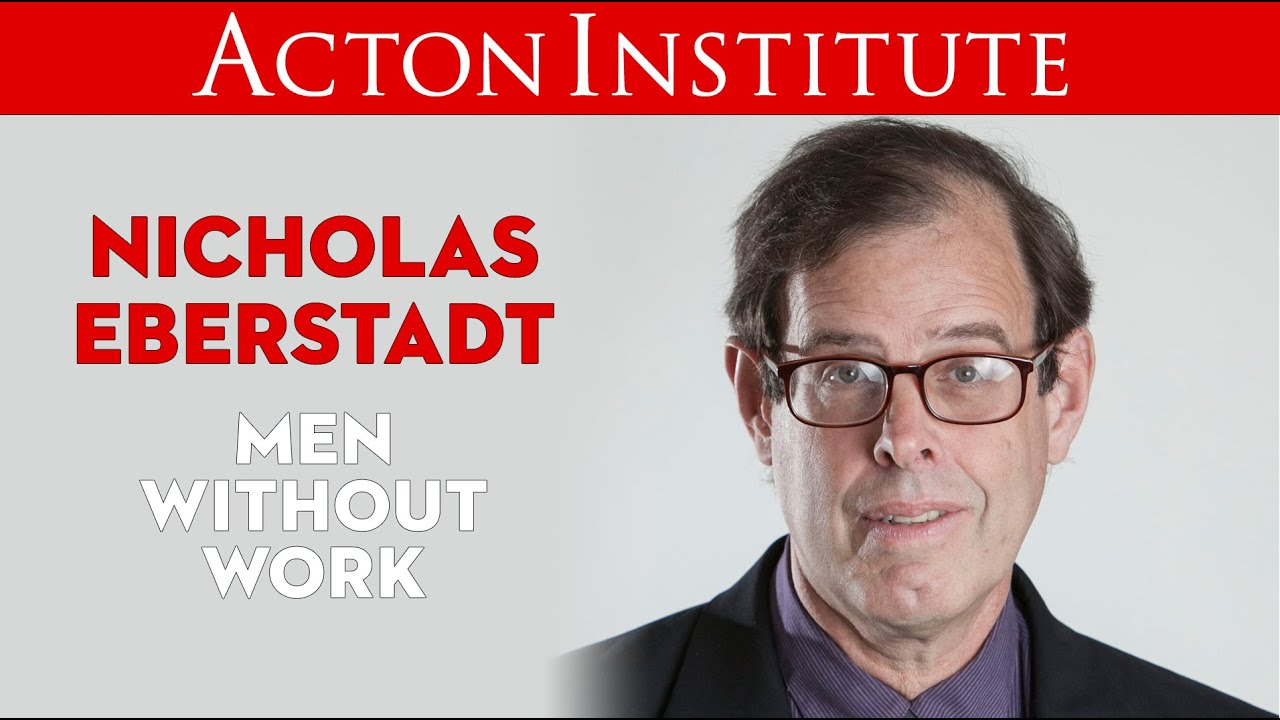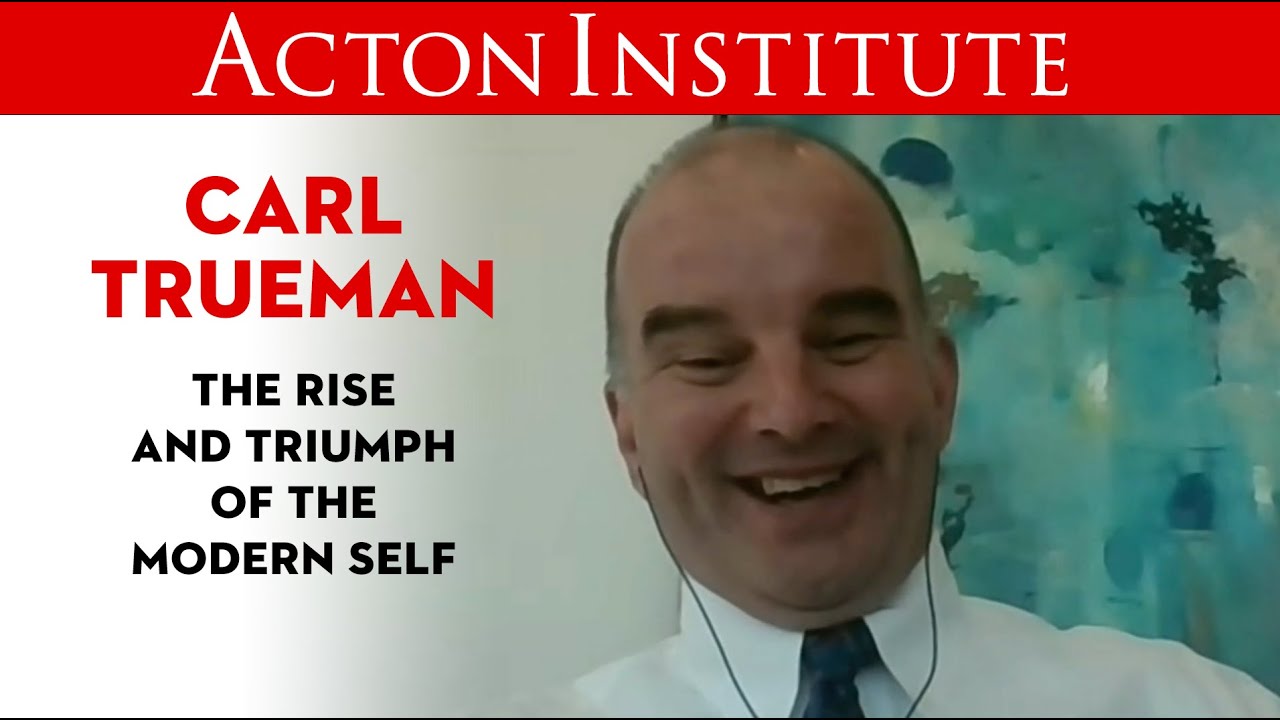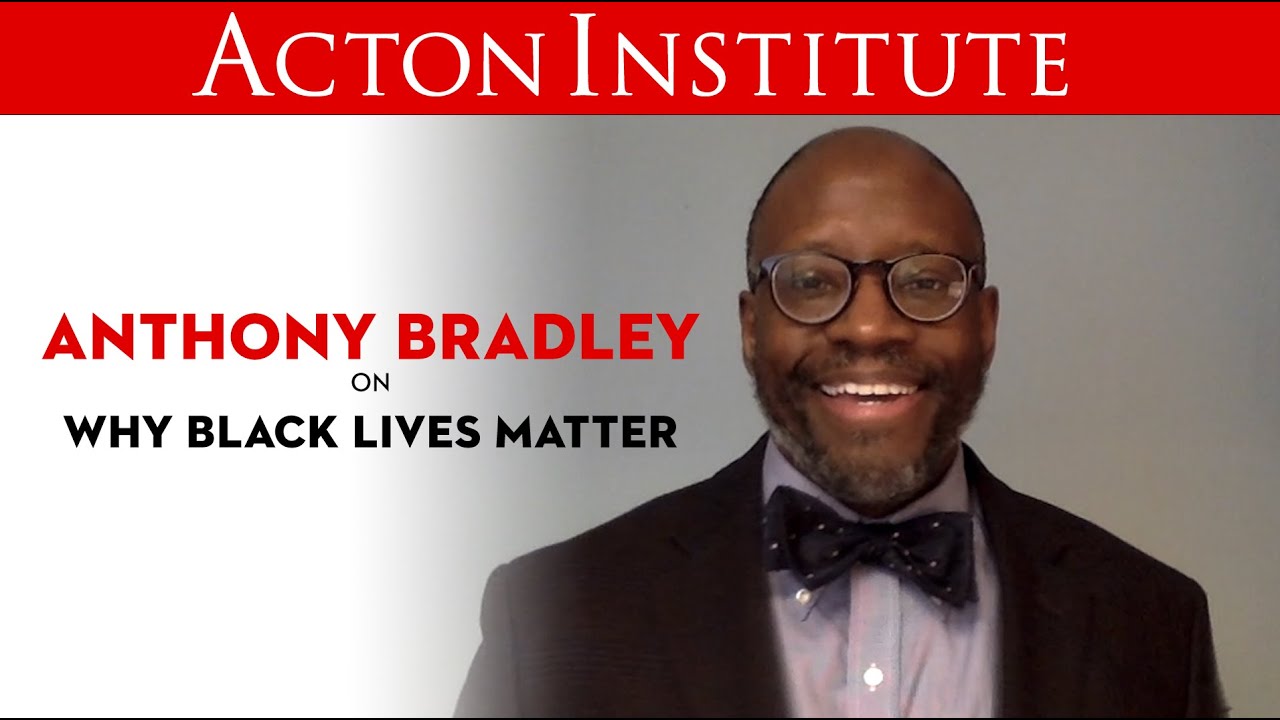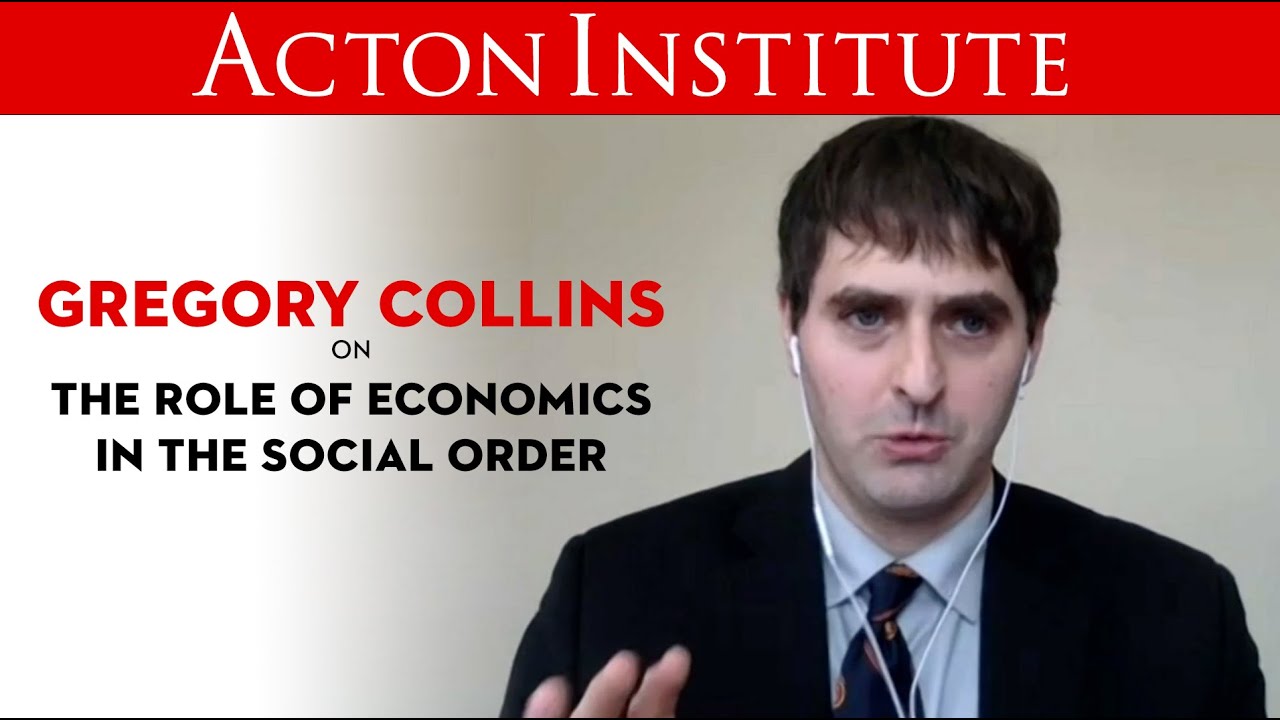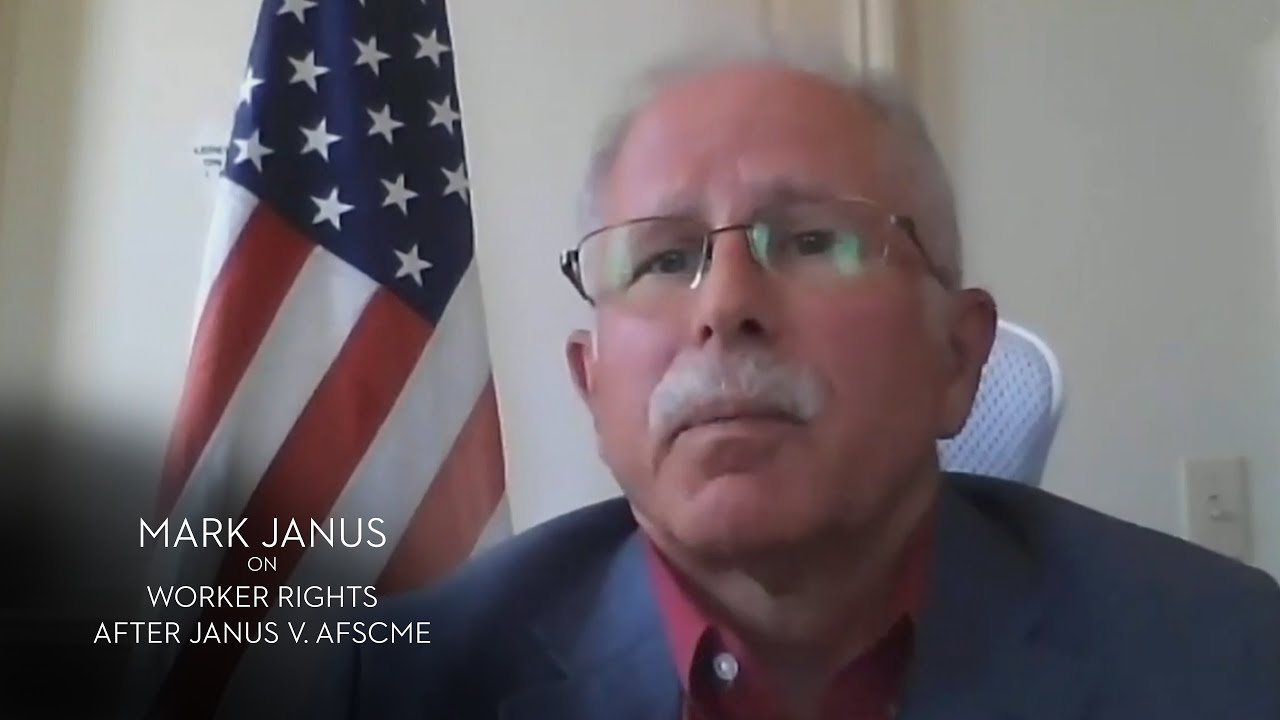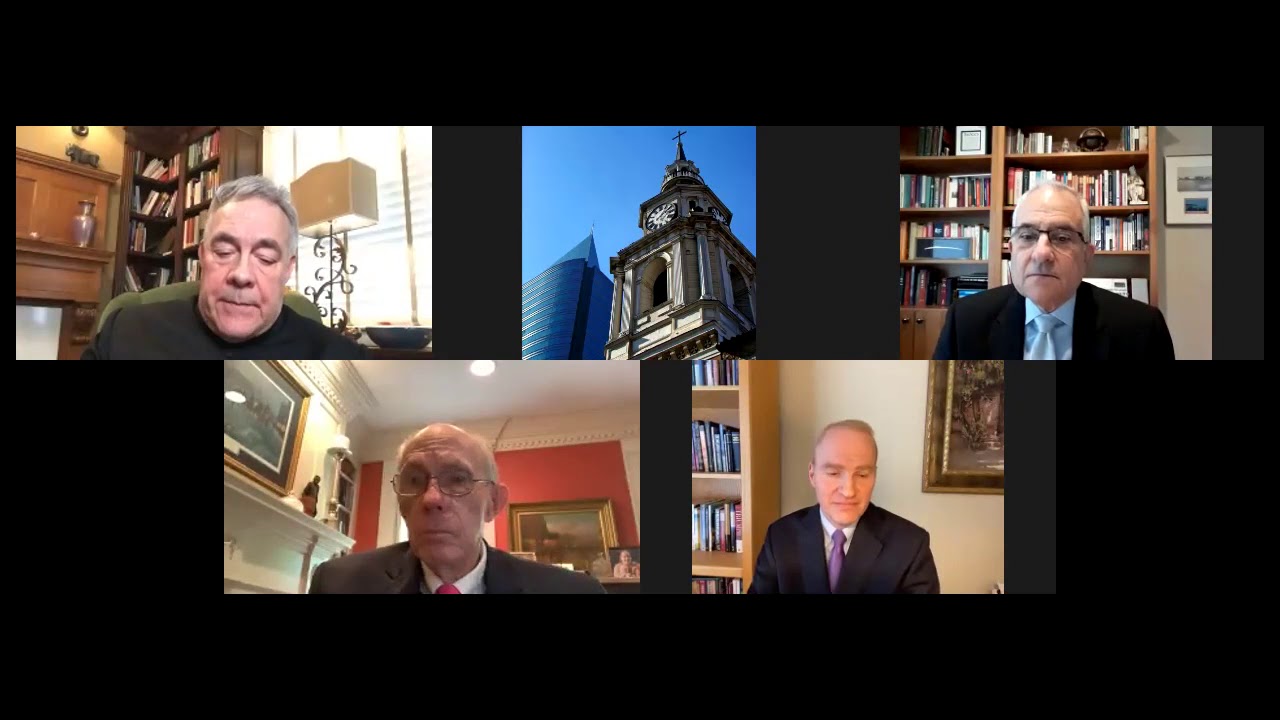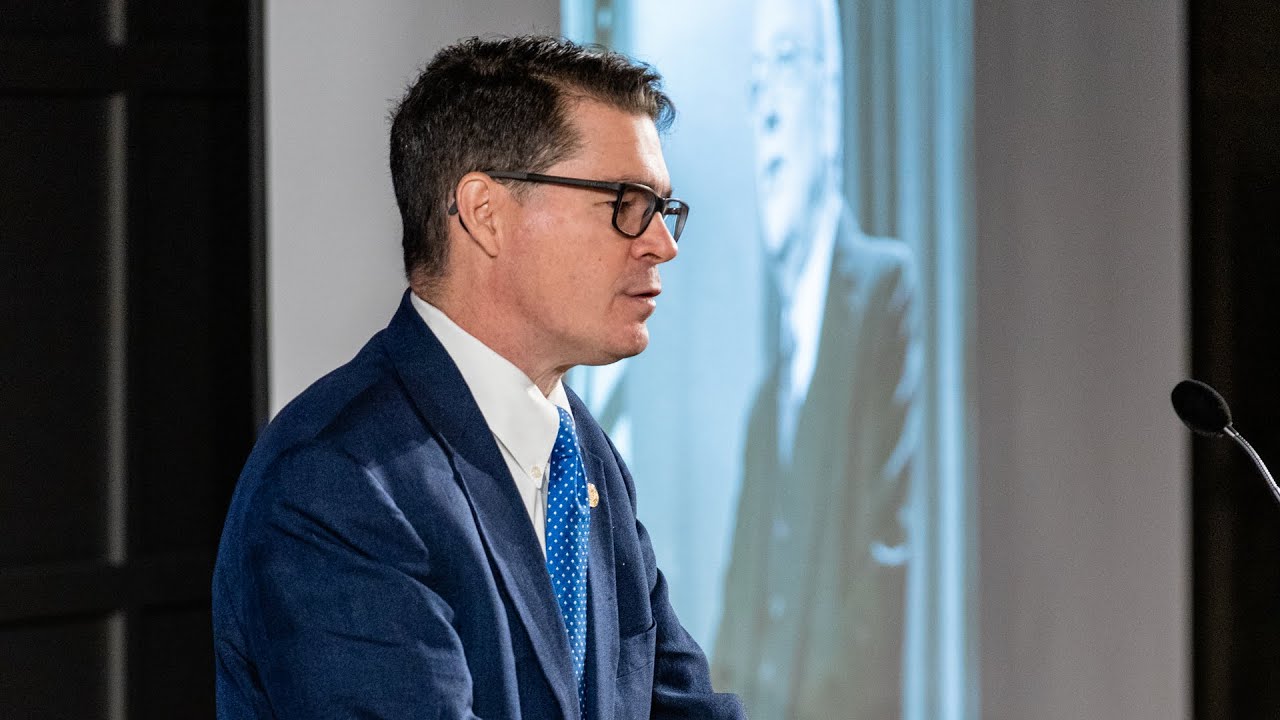Overview
There are competing creation “myths” about the origins of American liberty. The Jamestown, Virginia settlers of 1607 have vied with the Pilgrims of the Plymouth Colony in New England for dominance in America’s self-understanding of its origins. In this lecture Alan Crippen argues that these narratives have obscured the role of William Penn and his “holy experiment” of Pennsylvania as the most influential seedbed of American liberty. Neither New England, nor Virginia colonies were the doorway to America’s future, but rather it was the political society envisaged and actualized by a broad-minded religious dissident, the Quaker son of an aristocratic Royal Navy Admiral. Penn bequeathed to America its first successful experiment of liberty – Pennsylvania, and it became a working model of freedom for a new nation to emulate. Indeed, in 1826 Thomas Jefferson referred to William Penn as “the greatest lawgiver the world has produced.”







